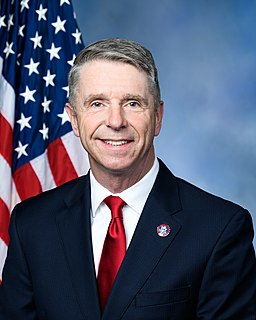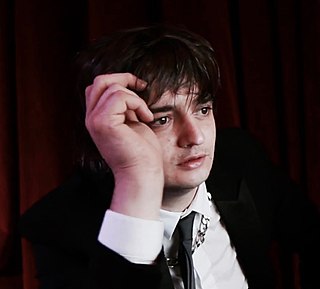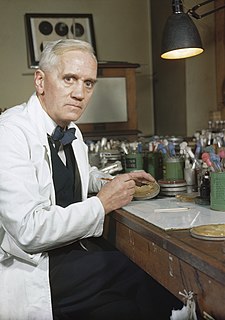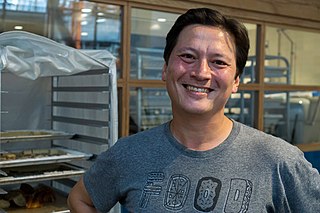A Quote by Hippocrates
It is believed by experienced doctors that the heat which oozes out of the hand, on being applied to the sick, is highly salutary. It has often appeared, while I have been soothing my patients, as if there was a singular property in my hands to pull and draw away from the affected parts aches and diverse impurities, by laying my hand upon the place, and extending my fingers toward it. Thus it is known to some of the learned that health may be implanted in the sick by certain gestures, and by contact, as some diseases may be communicated from one to another.
Quote Topics
Aches
Affected
Another
Appeared
Applied
Away
Been
Being
Believed
Certain
Contact
Diseases
Diverse
Doctors
Draw
Experienced
Extending
Fingers
Gestures
Hand
Hands
Health
Heat
Highly
Known
Laying
Learned
May
Often
Out
Parts
Patients
Place
Property
Pull
Sick
Singular
Some
Soothing
Thus
Toward
Which
While
Related Quotes
I was asking questions which nobody else had asked before, because nobody else had actually looked at certain structures. Therefore, as I will tell, the advent of the computer, not as a computer but as a drawing machine, was for me a major event in my life. That's why I was motivated to participate in the birth of computer graphics, because for me computer graphics was a way of extending my hand, extending it and being able to draw things which my hand by itself, and the hands of nobody else before, would not have been able to represent.
There again," said Syme irritably, "what is there poetical about being in revolt? You might as well say that it is poetical to be sea-sick. Being sick is a revolt. Both being sick and being rebellious may be the wholesome thing on certain desperate occasions; but I'm hanged if I can see why they are poetical...It is things going right," he cried, "that is poetical! Our digestions, for instance, going sacredly and silently right, that is the foundation of all poetry...the most poetical thing in the world is not being sick.
In the hands of [God's] children, it is food for the hungry, drink for the thirsty, raiment for the naked. it gives to the traveler and the stranger where to lay his head. By it we may supply the place of a husband to the widow, and of a father to the fatherless. We may be a defense for the oppressed, a means of health to the sick, of ease to them that are in pain. It may be as eyes to the blind, as feet to the lame: yea, a lifter up from the gates of death!
I'm not saying that maybe there isn't a kid out there whose behavior hasn't been influenced by me in some way. I'm sure there is. But I can only speak for myself, and if you'd asked if my behavior had ever been affected by people I'd admired from afar, like musicians or footballers, that'd be a yes, totally. Right down to their hand gestures.
I have been trying to point out that in our lives chance may have an astonishing influence and, if I may offer advice to the young laboratory worker, it would be this-never neglect an extraordinary appearance or happening. It may be-usually is, in fact-a false alarm that leads to nothing, but may on the other hand be the clue provided by fate to lead you to some important advance.
I'm sick and tired of this stuff. I'm sick of them doing it. I'm sick and tired of it working. I'm sick and tired of the media carrying the ball and running with it. I'm sick and tired of the assumption. We've gotten to the point where [Donald] Trump was actually talking about a serious problem that not everybody faces. The idea that some people don't face this, he is being accused of being insensitive and he's actually talking about how the VA has let those people down and we need to have a program of improvement where we deal with this a little bit better than we have been.
Incapacity to appreciate certain types of beauty may be the condition sine qua non for the appreciation of another kind; the greatest capacity both for enjoyment and creation is highly specialized and exclusive, and hence the greatest ages of art have often been strangely intolerant. The invectives of one school against another, perverse as they are philosophically, are artistically often signs of health, because they indicate a vital appreciation of certain kinds of beauty, a love of them that has grown into a jealous passion.
Physical heat sometimes accompanies the filling of the Spirit and people experience it in their hands or some other part of their bodies. One person described a feeling of 'glowing all over'. Another said she experienced 'liquid heat'. Still another described 'burning in my arms when I was not hot'.
Medicine is the science by which we learn the various states of the human body in health and when not in health, and the means by which health is likely to be lost and, when lost, is likely to be restored back to health. In other words, it is the art whereby health is conserved and the art whereby it is restored after being lost. While some divide medicine into a theoretical and a practical [applied] science, others may assume that it is only theoretical because they see it as a pure science. But, in truth, every science has both a theoretical and a practical side.





































